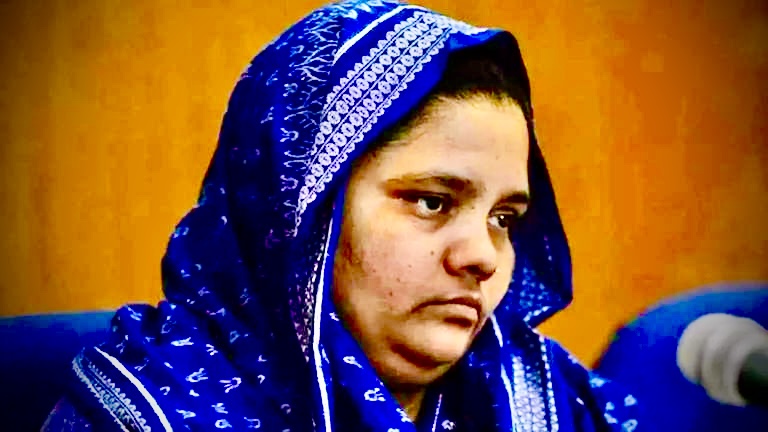The Supreme Court recently overturned the Gujarat government’s order granting remission to 11 convicts involved in the heinous gangrape and murder of Bilkis Bano’s family during the 2002 Godhra riots. Criticizing the government for overstepping its authority, the court labeled the remission order as null and void, highlighting it as an abuse of power and a violation of the rule of law. The convicts were accused of suppressing facts and playing fraud on the court.
Post the verdict, the convicts have legal options available. They can file a review petition in the Supreme Court within 30 days or seek mercy after serving some time in prison by applying for a pardon through the Maharashtra government, the appropriate authority for such requests. Article 137 of the Constitution grants individuals the right to seek a review of old judgments, and the convicts can utilize this provision by presenting new evidence or grounds that weren’t previously considered.
The tragic incident in 2002 witnessed Bilkis Bano enduring unimaginable suffering, enduring a brutal gangrape and witnessing the murder of 14 family members, including her three-year-old daughter. The convicts, initially sentenced to life imprisonment, were released under the remission policy prevailing in Gujarat at the time of their 2008 conviction. The recent Supreme Court decision has brought this tragic case back into legal discussions, emphasizing the complexities and legal avenues available to the convicts.
The recent Supreme Court ruling concerning the Bilkis Bano case unfolded a significant overturning of the Gujarat government’s decision to grant remission to 11 convicts involved in the horrifying incident during the 2002 Godhra riots. This decision was based on the court’s assertion that the Gujarat government had overstepped its authority, rendering the remission order null and void. The apex court strongly criticized the government for this abuse of power, stating it violated the rule of law and emphasized the need for the appropriate government to decide on remission orders.
Moreover, the court pointed out that the convicts had engaged in fraud by suppressing critical facts during the proceedings. This, in the court’s view, constituted a violation of the legal process and characterized the entire endeavor as a deceitful manipulation of the court to obtain favorable orders.
Despite this verdict, the convicts have a few legal avenues left. They can file a review petition within 30 days in the Supreme Court, seeking a review of the decision. Additionally, after serving some time in prison, they may apply for mercy by submitting a pardon application. However, the authority to consider such requests lies with the Maharashtra government, not the Gujarat government.
Article 137 of the Constitution provides the right to seek a review of old judgments or orders, allowing the convicts to present new evidence or grounds not previously considered. This constitutional provision offers a window for reconsideration of the case, potentially influencing the court’s decision.
The tragic incident involving Bilkis Bano in 2002 was horrific. She endured a brutal gangrape and witnessed the murder of 14 family members, including her three-year-old daughter. The convicts initially received life imprisonment but were released in 2022 under the remission policy prevailing in Gujarat at the time of their 2008 conviction.
The recent Supreme Court ruling has brought renewed attention to the complexities surrounding this case. It highlights not only the legal intricacies but also the immense tragedy and suffering endured by Bilkis Bano and her family. The case underscores the challenges in achieving justice and navigating legal processes in cases of such gravity and complexity.

